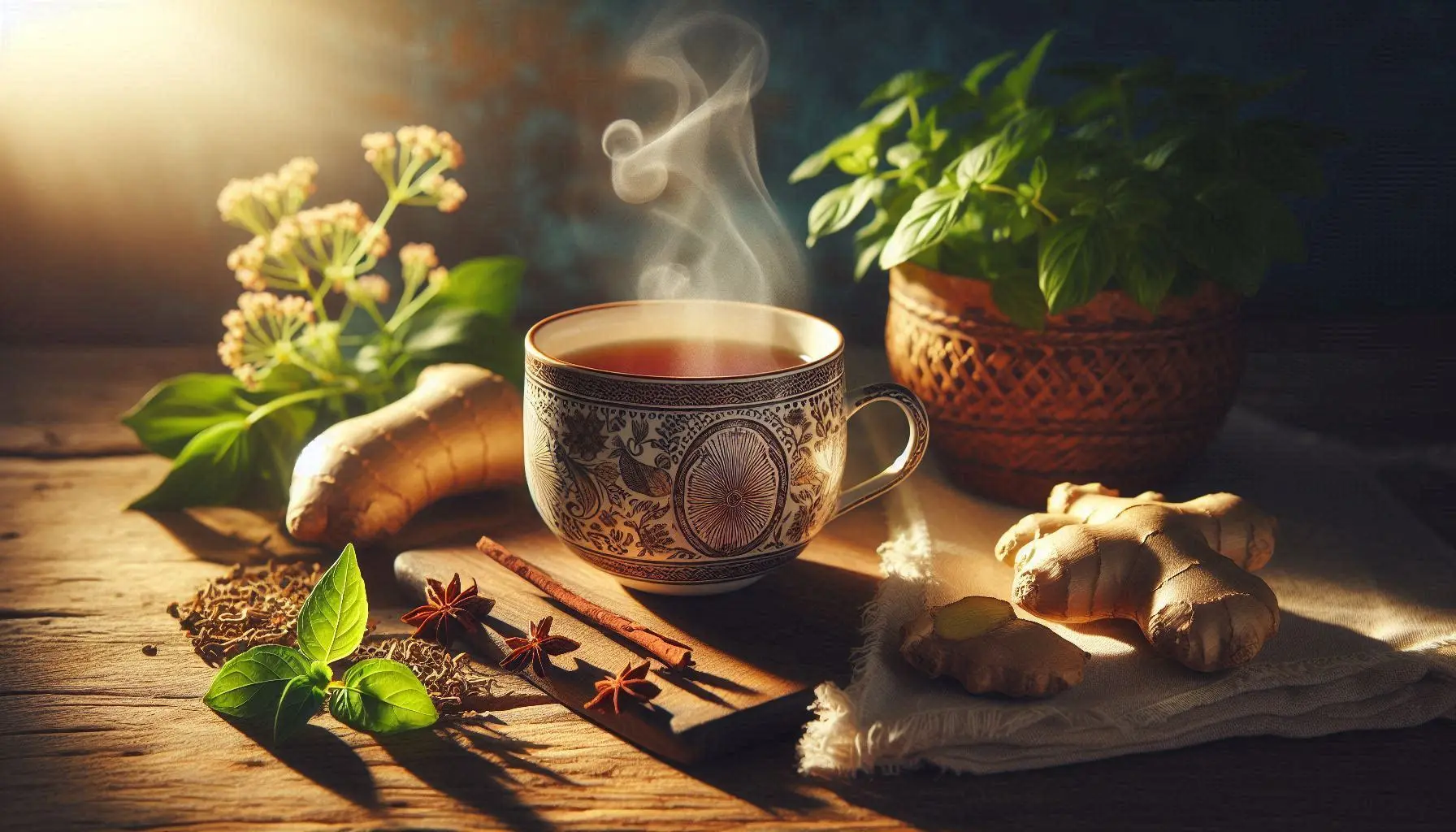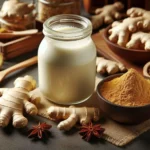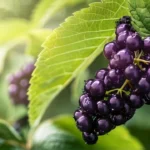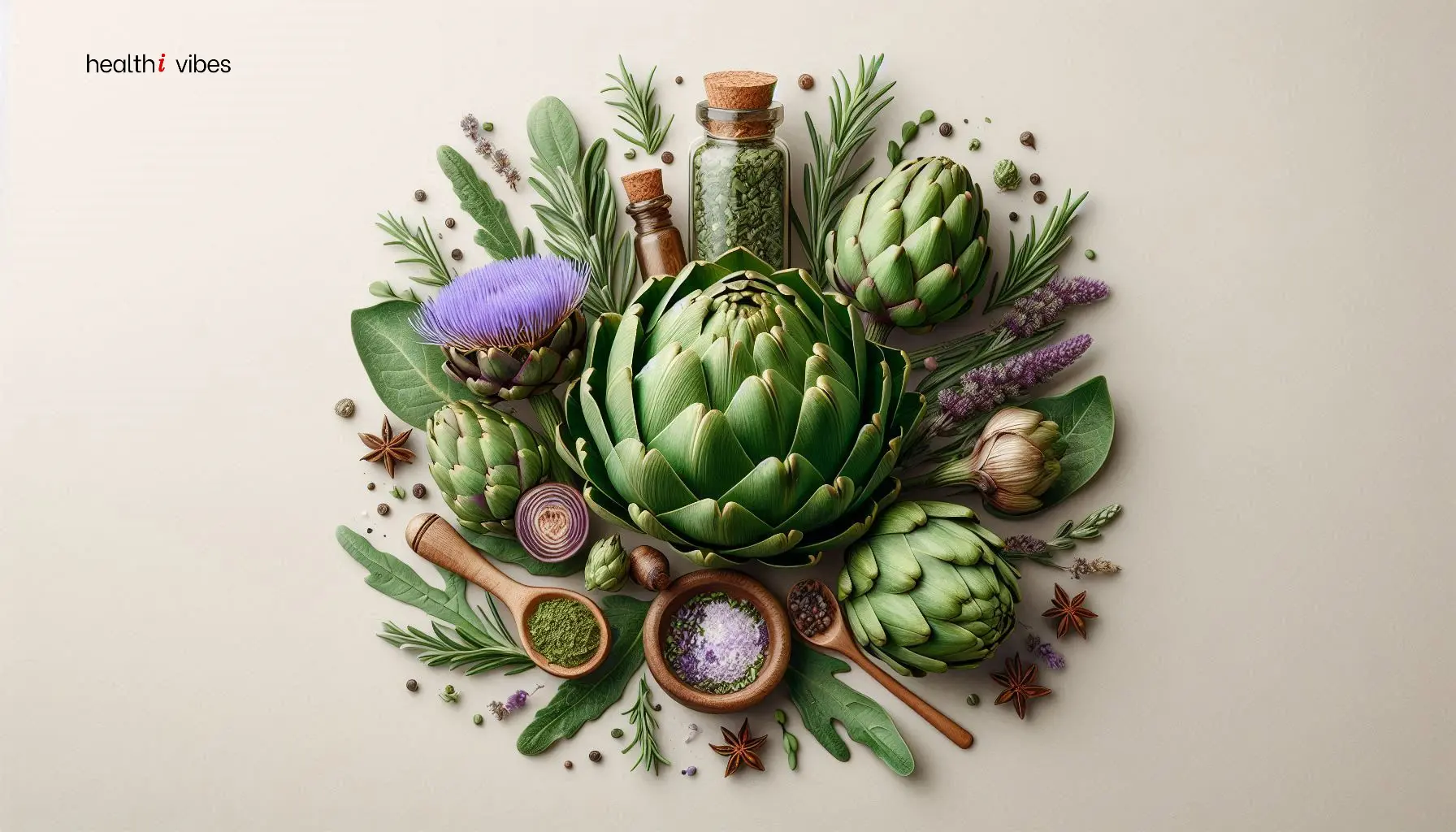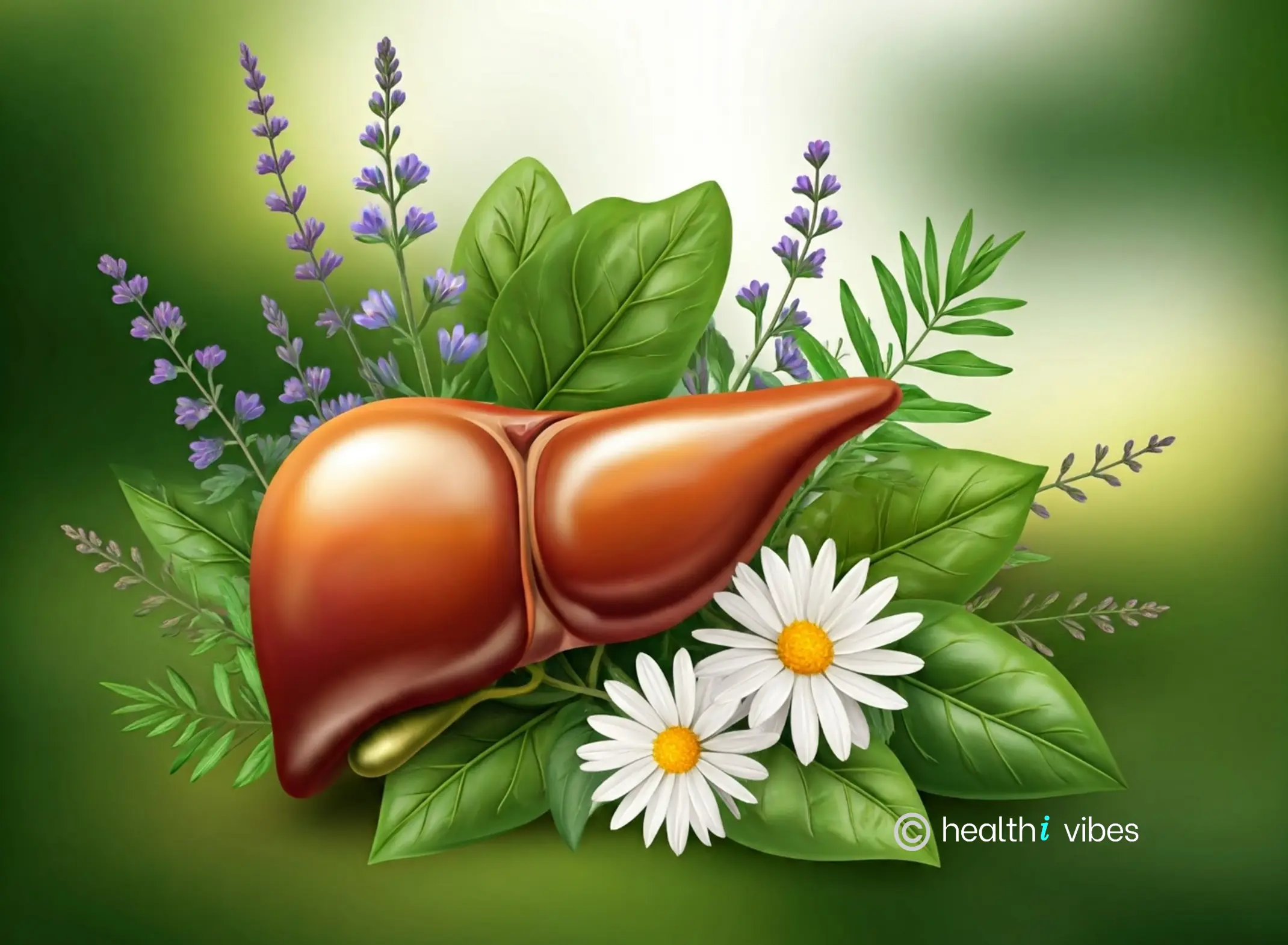Ajwain(Carom) , Tulsi(Holy Basil) and Ginger- Herbal kadha/concoction is a ayurvedic home remedy for treatment of common cold
The common cold is a common viral infection which primarily affects the upper respiratory tract, including the nose and throat. It is caused by various viruses, with rhinoviruses being the most common causative agent. The cold is highly contagious and spreads easily through airborne droplets when an infected person coughs or sneezes, or through contact with contaminated surfaces.
Symptoms of the common cold typically appear one to three days after exposure to the virus. They may include a runny or stuffy nose, sore throat, cough, congestion, mild/severe body aches, sneezing, fever, and a general feeling of unwellness or fatigue. Symptoms can last from a few days to about a week, but some, like a cough, can persist longer.
Currently, there is no cure for the common cold, and treatment focuses on relieving symptoms. Clinicians recommend various approaches to manage the discomfort along with Over the counter medications which are usually decongestants to reduce nasal congestion, antihistamines to alleviate runny nose and sneezing, and pain relievers like acetaminophen or ibuprofen to manage fever and aches. These medications help in management of common cold but leave a few side effects.
Ayurveda mentions many natural herbs for the treatment of cold like disorders. Most of these herbs are a common thing in household in South Asian countries and many other nations.
Here we discuss a easy to make, effective herbal remedy for treatment of common cold without needing over the counter drugs.
Ajwain(Carom) , Tulsi(Holy Basil) and Ginger- Herbal kadha/concoction is a ayurvedic home remedy for treatment of common cold. It is suitable for everyone from newborns to elderly. With almost no side effects, it is highly effective to manage common cold.
Benefits
Carom seeds, also known as ajwain, have been traditionally used in various cultures for their medicinal properties
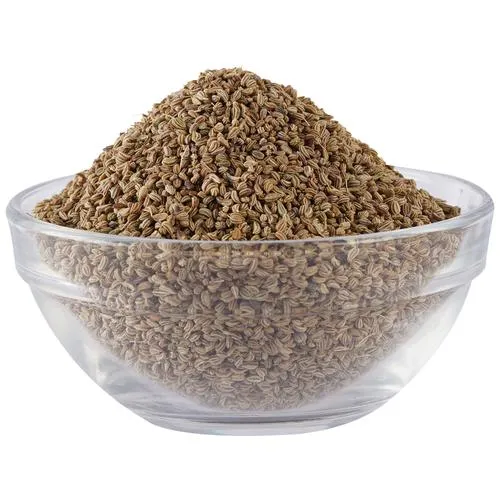
Several scientific studies have highlighted its benefits:
- Antimicrobial Properties:
- Carom seeds contain thymol, a compound known for its potent antimicrobial effects. A study published in the Journal of Medicinal Food demonstrated that thymol exhibits significant antibacterial and antifungal activities, which can help in reducing infections caused by common cold viruses and bacteria.
- Anti-inflammatory Effects:
- Research published in the MDPI Journal confirms that the active compounds in carom seeds can modulate inflammatory responses, providing relief from symptoms like sore throat and nasal congestion.
- Bronchodilator Effects:
- A research found that the essential oil from carom seeds helps in relaxing the bronchial muscles, which can be beneficial for easing breathing difficulties associated with the common cold.
- Analgesic and Antipyretic Properties:
- Carom seeds have been shown to possess analgesic and antipyretic properties, which can help in reducing fever and body aches that often accompany the common cold.
Tulsi (Holy Basil)
Holy Basil, also known as Tulsi (Ocimum sanctum), is renowned in traditional medicine for its therapeutic properties. Tulsi is known to provide physical, chemical, metabolic and psychological stress related protection to the body.
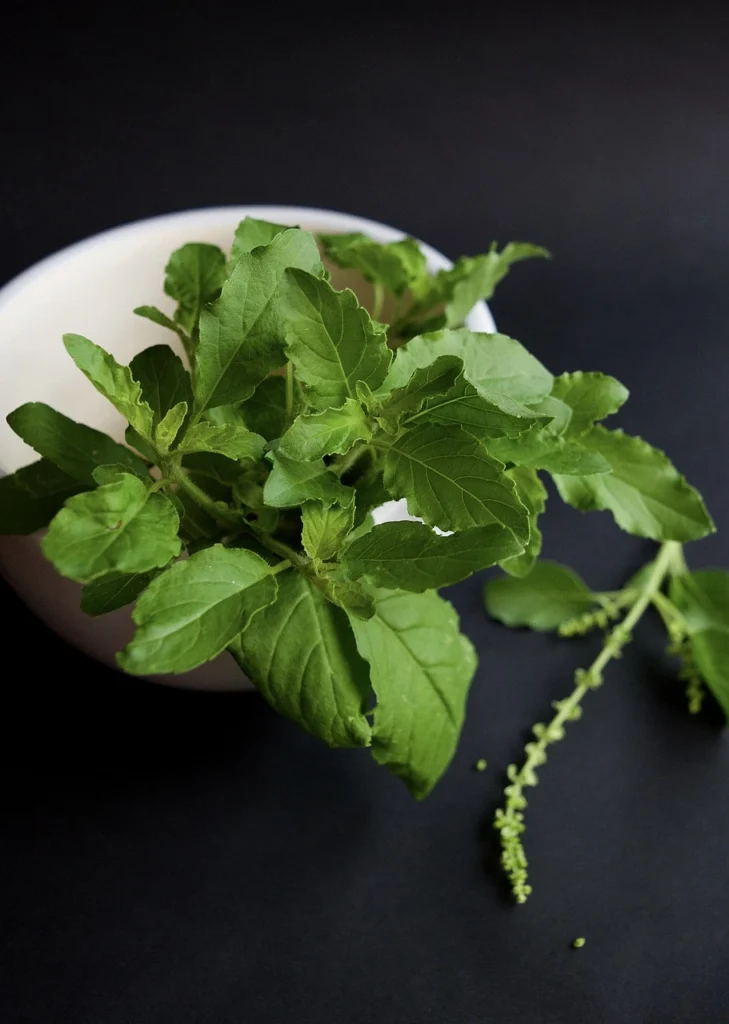
Here are the main benefits of Holy Basil in treating the common cold, backed by scientific publications:
- Antimicrobial Activity:
- A research found that Holy Basil has shown to have significant antimicrobial properties, which can help in fighting off pathogens responsible for respiratory infections.
- Anti-inflammatory Effects:
- Eugenol, which have anti-inflammatory properties, is present in Tulsi. It is shown reduce symptoms like sore throat and inflammation in the respiratory tract.
- Immunomodulatory Effects:
- A research has shown that Tulsi improves immune system to help body fight against infections.
- Antioxidant Properties
- Tulsi has been shown to have strong antioxidant properties. It helps in fighting off infections.
Ginger
Ginger (Zingiber officinale) is widely used in traditional and modern medicine for its numerous health benefits. In Ayurveda, it is known to have benefits in treatment of diabetes, indigestion, reduction of bad cholesterol, alleviates pain, fights of infections and improve immunity to name a few.
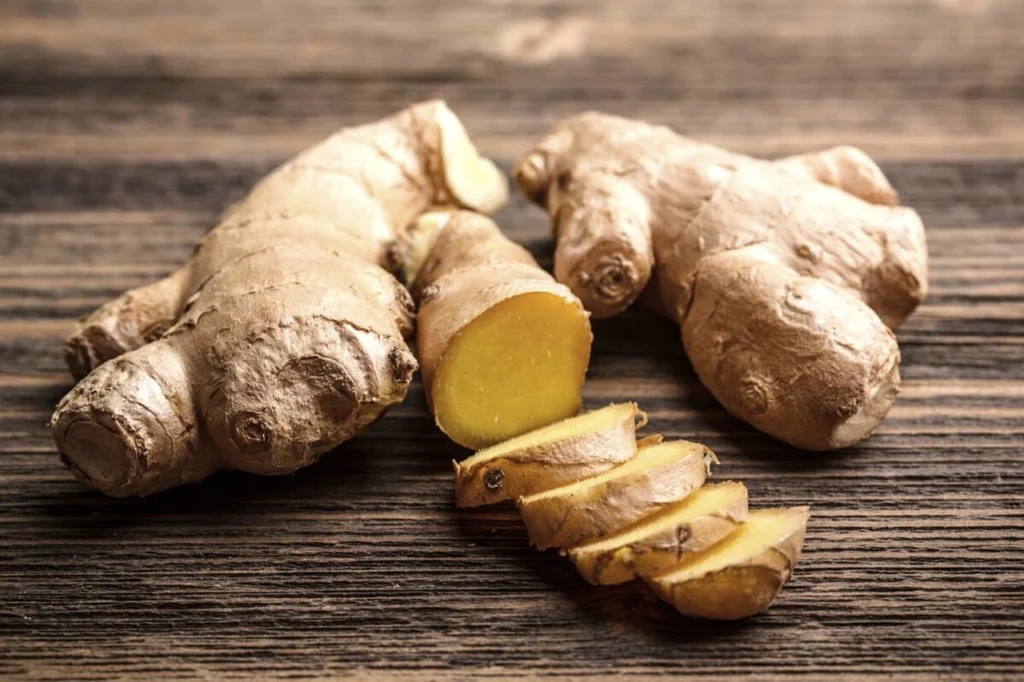
Against, Common Cold, ginger has been shown to have following benefits:
- Anti-inflammatory P:roperties:
- Ginger contains potent anti-inflammatory compounds, such as gingerols and shogaols, which help reduce inflammation and alleviate symptoms like sore throat and swollen nasal passages.
- Antiviral Activity:
- Fresh ginger has shown antiviral effects against respiratory pathogens, which can help in fighting off the viruses that cause the common cold.
- Antitussive (Cough Suppressing) Effects:
- A research has shown that ginger is effective in suppressing cough, a common symptom of common cold.

How to make concoction/kadha?
Step 1
- Add about 100ml of drinking to saucepan and allow it start heating it.
Step 2
- Add about 1/4 teaspoon of Ajwain (Carom Seeds) and 4-5 moderate to big hand crushed Tusli( Holy Basil) leaves.
- Take 1 inch of clean Ginger root and chop or crush it to small pieces. Add all three ingredients to boiling water.
Step 3
- Stew the above mixture at moderate heat and stir occasionally till the water is reduced to around 10 -15 ml.
Step 4
- Filter the water in a cup and let is cool down to lukewarm.
Step 5
- For Adults: The whole concoction can be consumed at once or as per liking.
- For Kids– Administer small sips of concoction with a dropper or spoon.
Additional ingredients:
The above concoction for treatment of common cold is ideal of kids. However, adults can add Black Pepper at start to make it stronger or add Honey at the end to make it mildly sweet.
Note:
It is important to note that this herbal concoction is expected to create heat in the body to help treatment for common cold. Hence, it should always be consumed in small amounts. Also care should be taken, not to consume this concoction on empty stomach. The best time to consume it is before bedtime but can be repeated twice a day. The concoction can be taken for few days at one go for kids. For adults, it can be taken for longer periods with self monitoring of symptoms.
Disclaimer:
The above concoction/kadha is a popular herbal drink but still all concoctions/kadha should be consumed responsibly to avoid overdose. Additionally, you should always consult your physician before starting any herbal treatment on you own.

